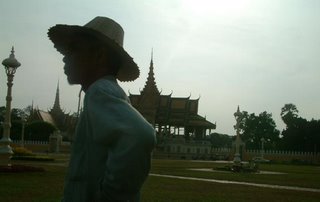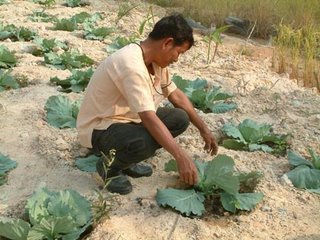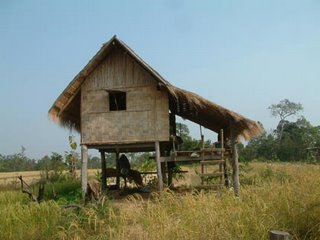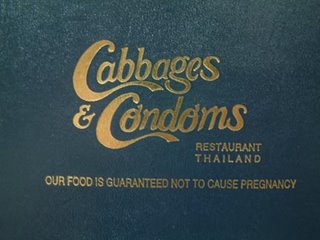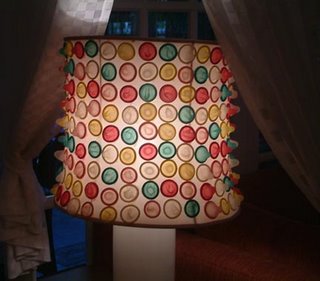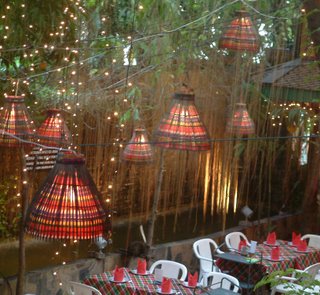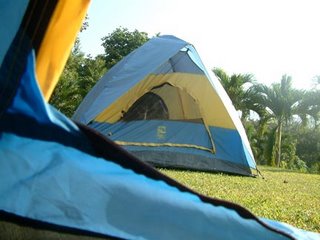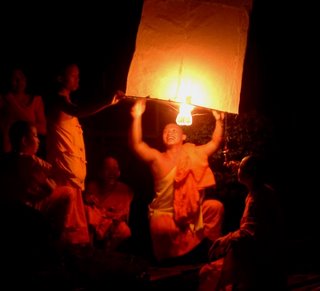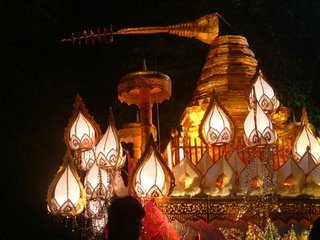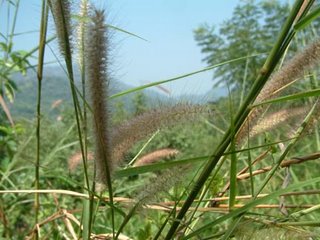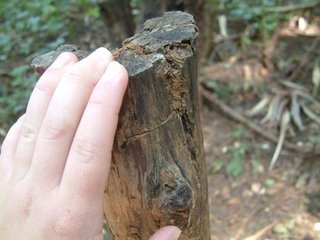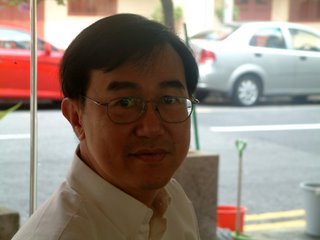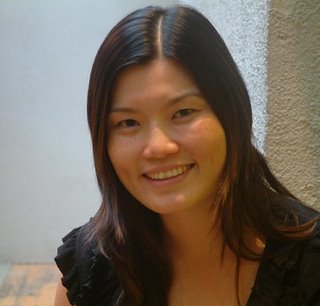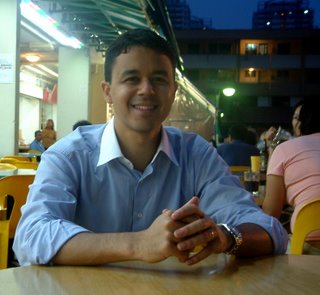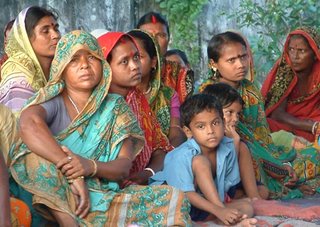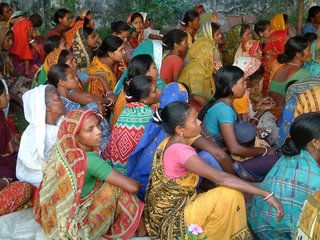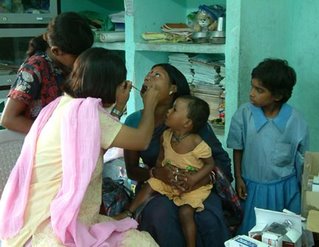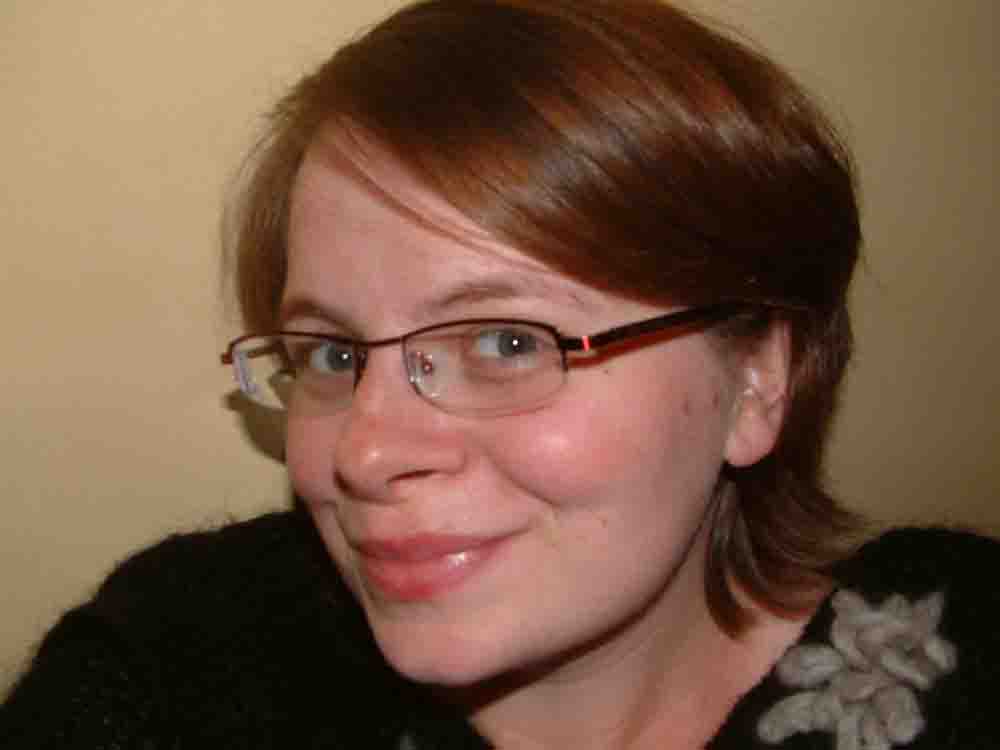Blindfolded Photography in Phnom Penh

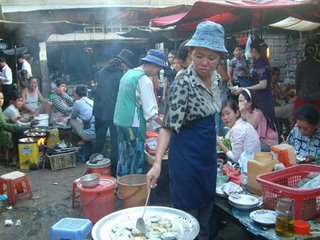
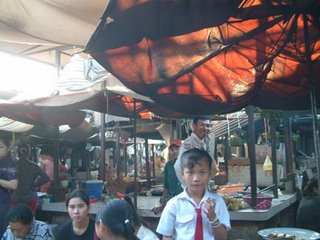
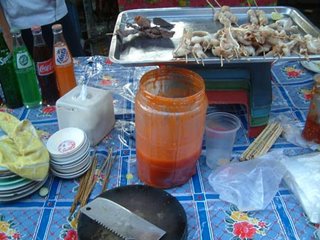

I needed a bit of help with this one. I stayed with a great couple while in Phnom Penh, Bec Cook and Ben Heath. I asked Bec to accompany me to the market one afternoon, to help guide me through it, blindfolded and camera at the ready- for the Blindfolded Photography Challenge, Part II.
We choose a good time of day, pre dusk, when the sun was a little less harsh and the heat had loosened its rein on the day. But it was still hot, and with a scarf around my eyes, I was sweating.
I’ve been into plenty of markets while on my travels, but this was the first one in Phnom Penh. Every market is different, each with unique haphazard layouts and always dense thing which you don’t expect. Walking around with eyes wide open can be tricky enough, so with eyes wide shut it is both tricky and a little unsettling.
Approaching the market I started to get nervous. I already stand out- the whitey that I am, but with a blindfold I was looking ever so slightly mad. As I put the blindfold on the local people started to react. Some laughed. One approached, ‘What are you doing? Bec replied for me, ‘She is crazy’. Thanks for the confirmation there Bec!
I could hear lots of banter around me. I could almost feel the chaos. Bec was beside me, probing, joking, looking after me. She really was my eyes, and I know that I wouldn’t have been brave enough to venture in alone. Good job she was there, because within a minute I walked into a scooter. Excellent start Clare. Down a step I go, into the market.
The air is heavy. I know, even though I can not see, that there are a myriad eye watching. ‘No eyes, No see’, I hear someone say. I’m treading a fine line between amusement and tainting the entire white race with a broad stroke of insanity. Opps, I walk into a table.
We are passing though narrow isles now. I’ve lost my orientation. Bec is telling me to walk straight, but even with that, I am bumping into things, and I haven’t even been drinking. It feels like we are walking quickly. By now though, I don’t mind that people are staring. It’s part of the amusement.
Bec’s hands are on my shoulders. There is a particular puddle that I seem to like. She tells me it is small, but for some reason I keep stepping into it. I’m wearing a pair of sandals and my feet are now wet and feel a bit grimy. Yuk!
‘Straight’ she tells me. ‘Don’t bump into the boy’. ‘Mind the eggs’. Don’t pick up the machete’. ‘You are quite the spectacle Clare’. ‘Mind your step’. ‘Watch the rubbish’. ‘Walk quickly through the meat section, I’ll blame you for this later, I hate the meat section’. True enough, the meat section did stink.
At some areas of the market, I could feel the heat more intense. I could hear things cooking around me. The sounds were a swirl of activity I couldn’t quite differentiate.
We came to a junction. I needed Bec’s help here. ‘If you go right, it’s dark’, she tells me. ‘If you go straight it is boring’.‘Left it is then’, I quickly decide.
Left takes us through some narrow spaces. We reach one place. I was about to saunter through but Bec tells me that is way too dangerous. I saw later what she meant- a row a people with woks boiling and charcoals burners looking very hot and very dangerous. We take another route and negotiate more narrow aisles.
‘The exit is coming up’ she tells me. ‘Good, I’m getting tired of this blind business’, I tell her. I meant it. It was draining. I was dependent, at risk, vulnerable, disorientated.
When I took the blindfold off I was glad. For one it was cooler, and two it was a lot easier to find my way around.
Afterwards we walked back through the market, retracing my steps. The layout was not what I imagined. The aisles a little wider. The puddles a little smaller. Then the diversity of fruit, and veg, and shoes, and bags, and people and options, which when blindfolded I just did not engage with. Some people seemed relieved when they saw me again, fully sighted, but a few others seemed a little angry, as if I had tricked them. Opps.
When finished, I felt relieved but enriched. A New experience. New exposure. And a whole new way of looking at trust.
Thanks Bec, my guiding star.
